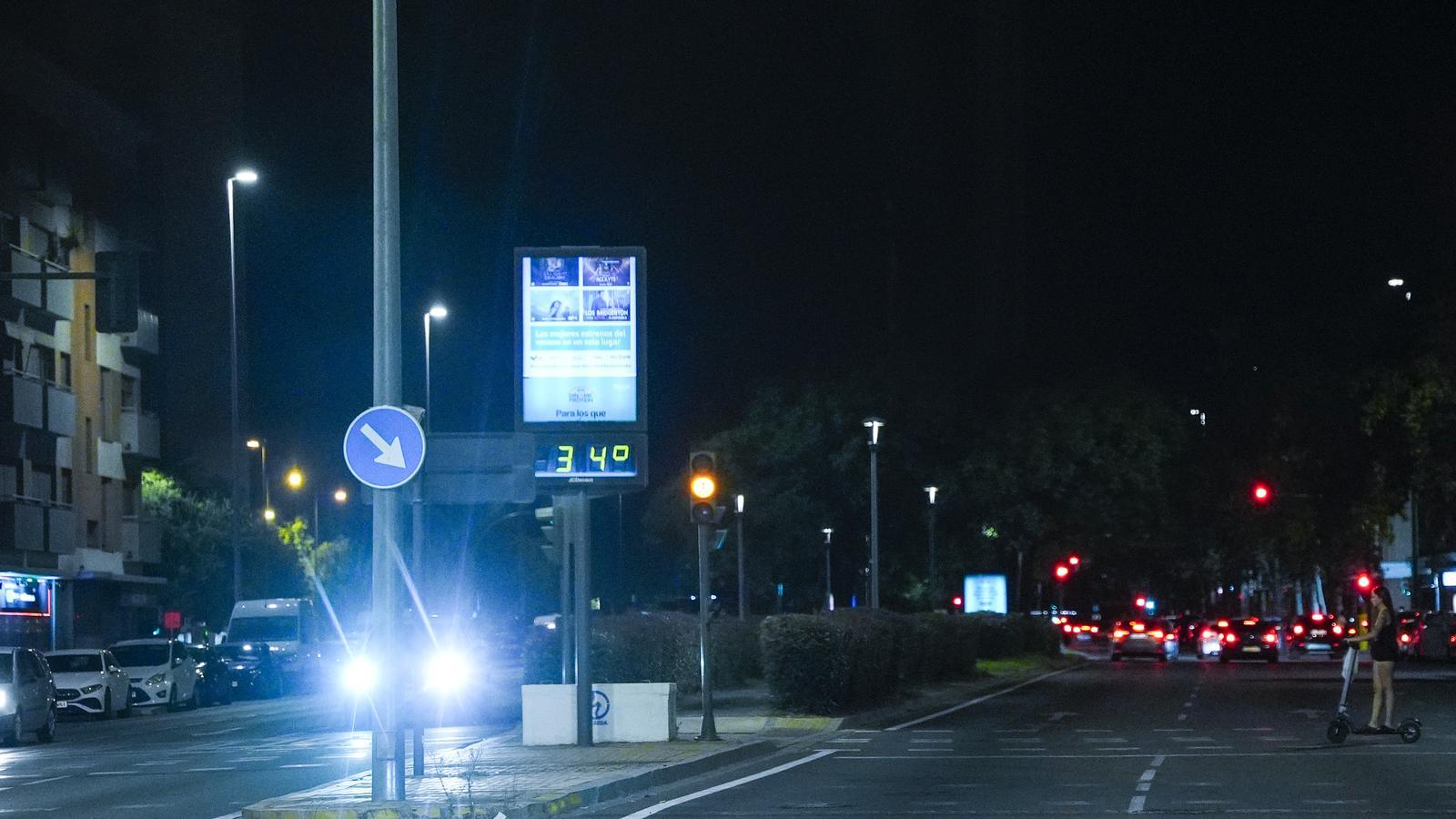An international study links hot nights with increased mortality.
Researchers analyzed data from 44 countries and concluded that hot night air can increase the risk of death by 3%.

BarcelonaHot nights not only prevent rest, but also directly influence health and mortality rates worldwide. This is the main conclusion of an international study led by the Spanish National Research Council (CSIC) that analyzed the effects of nighttime air temperature in 178 locations in 44 countries between 1990 and 2018. The research, carried out through research institutes in Catalonia, Galicia, and Andalusia, found a mortality rate of up to 3%.
The study has been published in the journal Environment International and has included the participation of more than 40 institutions from different countries, including Brazil, Germany, France, China, and the United States. What motivated the researchers to undertake this task was the need to understand the impact of hot nights, which have become more frequent in recent decades due to climate change. Understanding the effects of these high-temperature nights is essential for defining public health strategies and guiding adaptation initiatives.
Therefore, the research team set out to analyze whether nighttime heat—which occurs when temperatures exceed certain thresholds for several hours at night—had a specific impact on health. They analyzed more than 14 million deaths in nearly 200 cities around the world, including 42 Spanish provincial capitals.
Recovery from Heat Stress
The researchers point out that, in general, the excessive nighttime heat was "geographically coherent," with the highest values detected in the central and southeastern Mediterranean basin. In fact, Dominic Royé, the study's first author and Ramon y Cajal researcher at the MBG, warns that, in Spain, Mediterranean cities such as Barcelona, Valencia, and Seville "exhibit a high frequency of tropical and equatorial nights."
Regarding the reason for this increase in mortality, Royé details that nighttime heat "impedes the body's physiological recovery from daytime heat stress, affects sleep quality, and can aggravate cardiovascular, respiratory, and neurological diseases." In this regard, he insists that it must be taken into account that the most vulnerable populations include the elderly, the chronically ill, and those living in urban areas with poor ventilation or limited access to air conditioning. "Hot nights not only prevent rest, but also aggravate the heat stress accumulated during the day. This study shows that we must pay attention to nighttime heat as a real risk factor for health," says the researcher.
Given this evidence of the relationship between nighttime heat and mortality, and also the conclusion that nighttime heat has an effect independent of daytime heat, the researchers are calling for the implementation of specific prevention measures. Their proposals include creating more urban climate shelters and increasing green areas, as well as ensuring adequate thermal conditions in homes, hospitals, and nursing homes, and designing prevention plans that consider nighttime heat as a specific risk.
